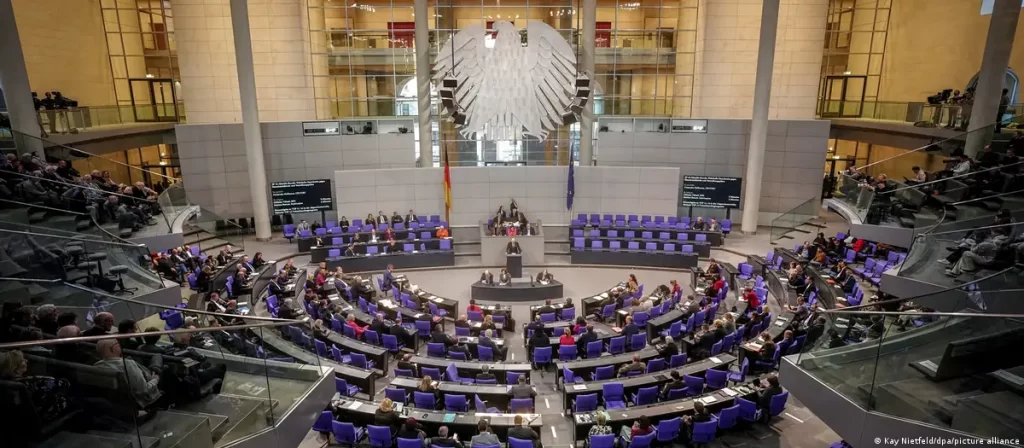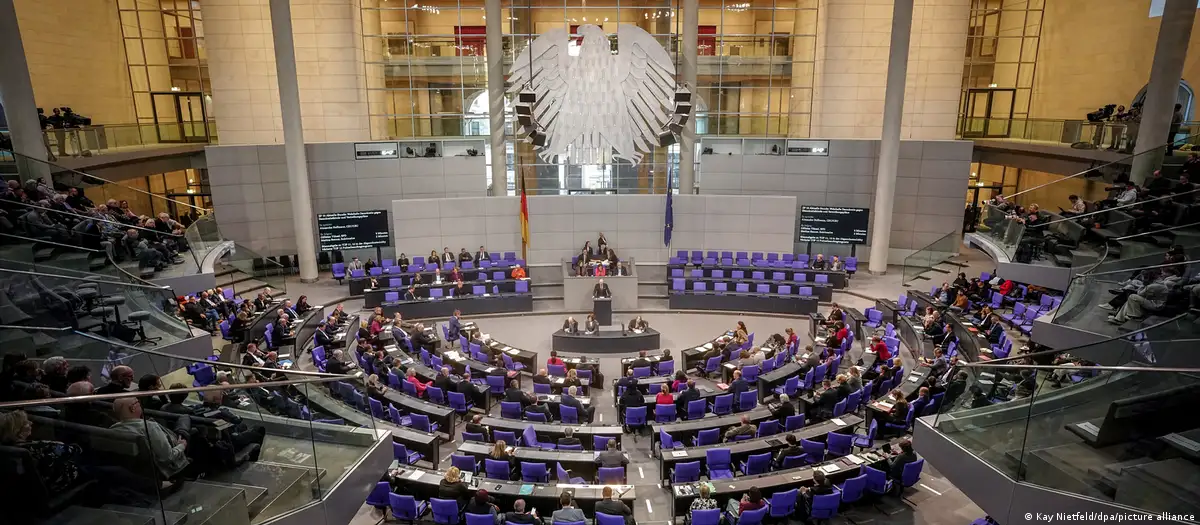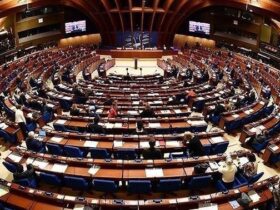
German lawmakers have approved a legislative change aimed at expanding the eligibility for dual citizenship and streamlining the naturalization process.
The decision, made by the Bundestag, Germany’s lower house of parliament, on Friday, reflects an effort to make the country more appealing to international skilled workers and alleviate labor shortages.
The coalition government, composed of Chancellor Olaf Scholz’s Social Democrats, the Free Democrats, and the Green Party, supported the measure.
However, the opposition, including the conservative Christian Democrats (CDU), the Christian Social Union (CSU), and the far-right Alternative for Germany (AfD), opposed the bill.
Of the 639 votes cast, 382 were in favor, 234 against, and 23 abstained. The revised law now allows foreigners to apply for German citizenship after five years instead of the previous eight. In cases of exceptional integration, naturalization could occur after three years.
While dual nationality was traditionally limited to citizens of other EU countries or Switzerland, the updated regulations remove such restrictions, providing equal opportunities for individuals from various backgrounds.
The German Interior Minister emphasized that these changes aim to attract much-needed skilled workers in response to the country’s ongoing labor shortages.
READ ALSO: Germany Sounds Alarm for Its Citizens to Leave Lebanon Amid Escalating Conflict
“We have to keep pace in the race to attract skilled labor,” said Interior Minister Nancy Faeser ahead of the vote.
“That means we need to make an offer to qualified people from the world over, just as the United States and Canada do. German citizenship is obviously part of that.”
The measure would enable tens of thousands of Turks, including third-generation immigrants whose ancestors arrived as “guest workers” between the 1950s and 1970s, to attain citizenship and voting rights.
Although the legislation primarily focuses on facilitating naturalization, the government aims to tighten requirements for individuals unable to sustain themselves or those not supportive of the “free, democratic basic order in Germany.”
The CDU-CSU bloc opposed the new regulations, calling for amendments to safeguard the integrity of German citizenship.
Their push for stricter immigration policies is driven by the desire to counter the growing influence of the far-right Alternative for Germany (AfD) party, which has experienced a surge in popularity.
The government, in response, has pledged to adopt a more rigorous stance on specific types of immigration, emphasizing expedited deportations for illegal immigrants and unsuccessful asylum seekers.
On Thursday evening, the Bundestag approved a bill extending custody to prevent last-minute deportation failures, increasing the legal maximum duration of detention pending deportation from 10 to 28 days.








Leave a Reply